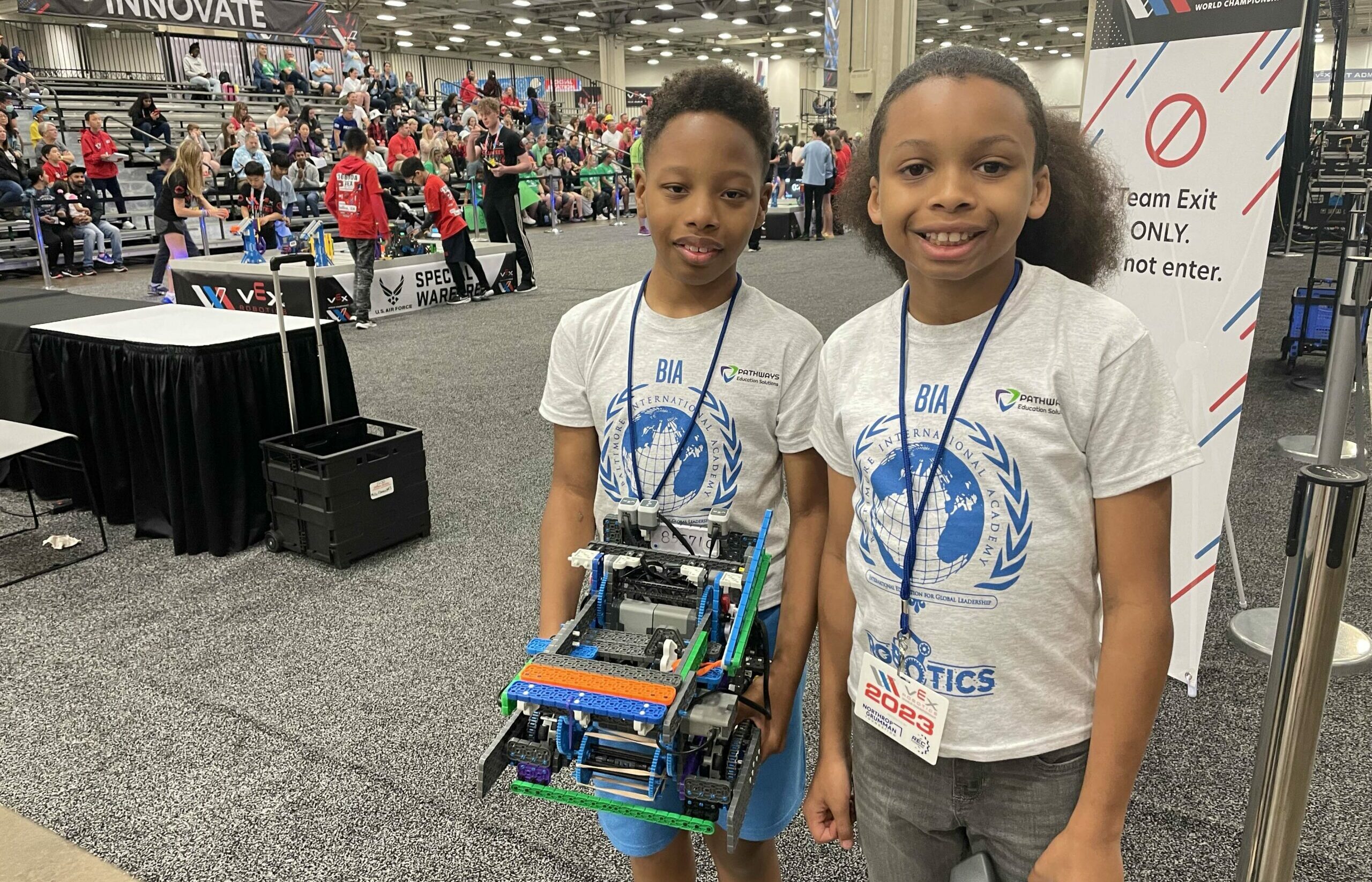Rise by Six: Your Daily Dose of Inspiration
Explore insights and stories that elevate your day.
Why Your Next Therapist Might Be a Robot
Discover the surprising benefits of robot therapists! Could AI be the future of mental health support? Find out now!
The Rise of AI in Mental Health: How Robots are Revolutionizing Therapy
The integration of AI in mental health is transforming traditional therapeutic practices, making mental health support more accessible than ever. With the development of sophisticated algorithms and machine learning capabilities, therapists and patients are experiencing innovative tools that tailor treatment approaches. For instance, chatbots and virtual therapists provide immediate assistance to individuals struggling with anxiety and depression, allowing for a 24/7 resource that might not always be available through human practitioners. This shift represents a significant movement towards technology-driven, personalized mental health care.
Moreover, these robots in therapy are not just limited to providing textual or conversational support. Advanced AI applications can analyze speech patterns, facial expressions, and even physiological responses, giving insights that help both therapists and clients understand emotional states better. As research continues to unveil the efficacy of AI-assisted therapy, the future looks promising. We are witnessing a paradigm shift where mental health care combines empathy, understanding, and technology, paving the way for a more holistic approach to mental wellness.

Can a Robot Really Understand Your Emotions? Inside the Future of Therapy
As technology advances, the question of whether a robot can truly understand your emotions becomes more relevant, particularly within the context of therapy. Emotional intelligence, traditionally a human trait, involves recognizing and responding to feelings both in oneself and in others. In recent years, researchers have developed sophisticated algorithms and artificial intelligence (AI) systems that can analyze facial expressions, vocal tones, and even physiological responses. This has led to the emergence of various robotic therapy programs aimed at assisting individuals with mental health challenges. However, the debate continues regarding the depth of understanding these machines can achieve.
While robots can mimic empathetic behaviors and provide support, many experts argue that they lack the innate ability to truly connect with human emotions in the way a trained therapist can. Effective therapy often requires a nuanced understanding of complex feelings, cultural contexts, and personal histories, which robots are still far from mastering. Nevertheless, the future of therapy may involve a harmonious collaboration between humans and machines. The potential for robots to assist in emotional wellbeing is vast, paving the way for innovative approaches to mental health care that could augment traditional methods in remarkable ways.
Navigating Your Feelings: Why AI Therapists Might Be the Solution You Never Knew You Needed
In today's fast-paced world, many individuals grapple with overwhelming emotions and mental health challenges. Fortunately, AI therapists are emerging as a compelling solution for those seeking support. These virtual assistants provide a unique benefit: they are available 24/7, offering a level of accessibility that traditional therapy might not. Imagine being able to discuss your feelings anytime, anywhere, without the pressure of judgment or stigma. As technology advances, the capabilities of AI therapists to understand and respond to your emotional needs are continually improving, making them a viable option for navigating complex feelings.
While some may doubt the efficacy of artificial intelligence in a deeply personal domain like therapy, AI therapists harness sophisticated algorithms to deliver tailored support. They can engage users with interactive discussions and even aid in tracking mental health progress over time. Additionally, for those wary of face-to-face consultations, AI therapists offer a sense of anonymity and comfort, allowing users to express their feelings freely. As more people discover this innovative approach, it is clear that AI could become a vital resource, helping many navigate their emotional landscapes with ease.